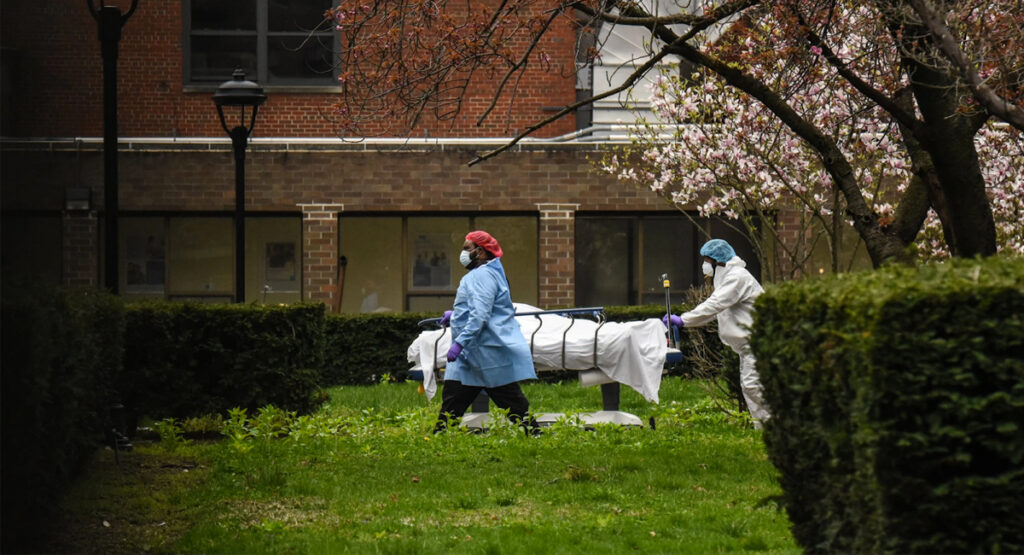
What are the Stations of the Cross?
The Stations of the Cross are traditionally fourteen images that symbolize Jesus’ Journey to the cross. There are various versions of the Stations, or Way of Sorrows, are a way of entering into deep reflection around the suffering and pain that Jesus, a poor person and leader of a movement of poor people experienced at the hand of the Roman empire. Jesus’ own Way of Sorrows was itself an act of resistance to empire. Passion Week reflects the end of Jesus’ life and prophetic ministry among the poor and victims of empire in his time. As an innocent poor Palestinian Jew living under Roman occupation who functioned as a scapegoat, Jesus did so with non-violent resistance and courage that revealed the lies and mechanisms of empire.
When God chose to come down to earth as Jesus, God chose Mary for a mother: a young, poor, unmarried woman living under an unjust government which helped the rich get richer while the poor stayed poor. God chose to be born among suffering people so that the injustice of the world could be exposed. Every time we expose suffering and injustice in the world around us, we are doing God’s work. Every time we suffer those injustices ourselves, we suffer with Jesus. —Aaron Scott of Chaplains on the Harbor
This virtual “Way of Sorrows” we have prepared for you this year is meant to deepen this reflection of Jesus as a poor person, leading poor people, guided by the love of God in the face of the many ways empire manifests itself today: poverty and inequality, systemic racism, militarism, environmental devastation, and an imperial religion exemplified by a faulty moral narrative that serves the few at the expense of everyone else. This Holy Week we join Jesus’ suffering in the form of a global pandemic known as COVID-19. Plagues like this are nothing new for empires throughout the biblical account, and yet again, in the face of great crises, and the consolidating of power, it is the most vulnerable who will suffer.
![]()
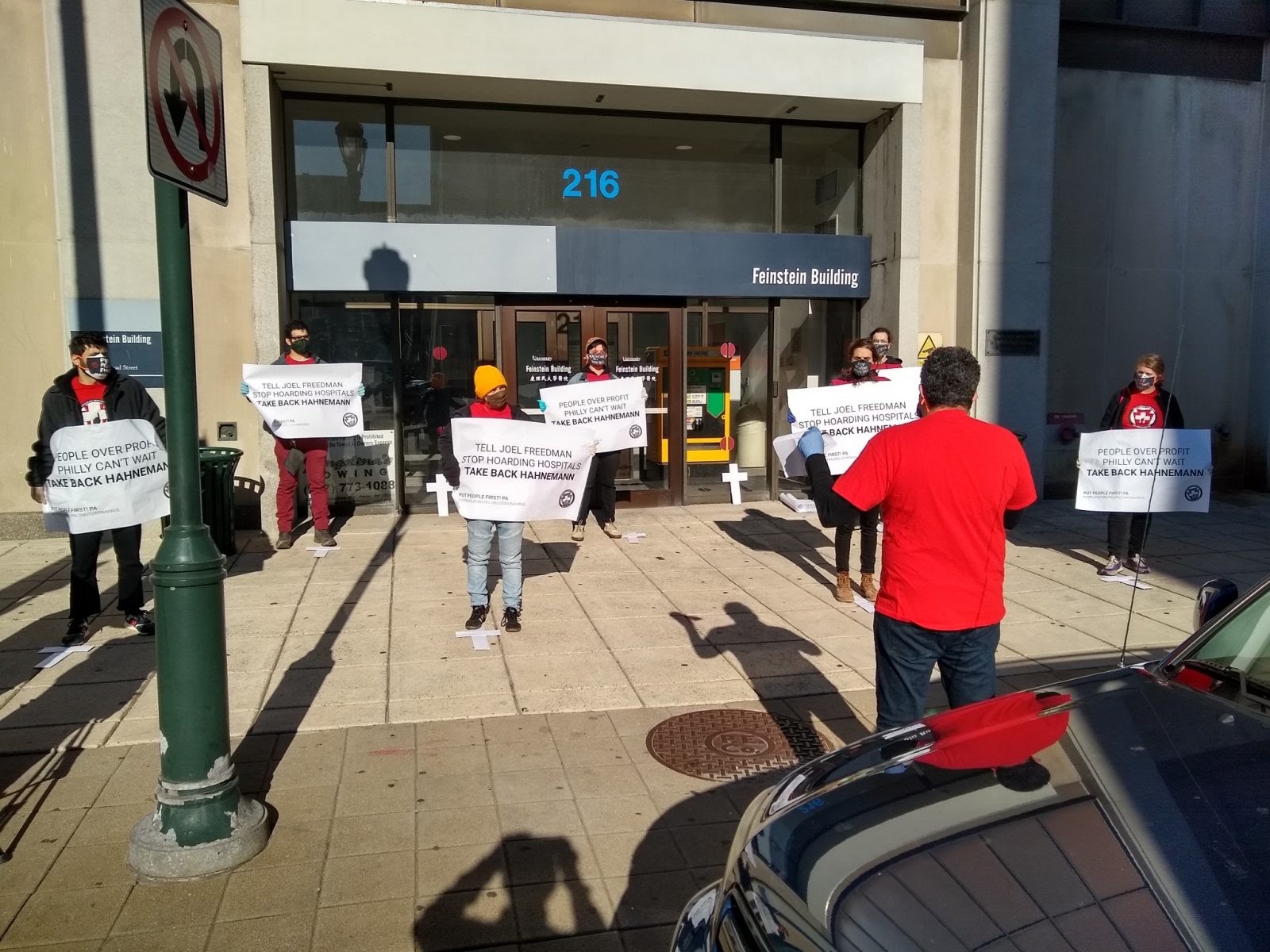

Station One: Jesus is Condemned to Death
During the COVID-19 Global Pandemic, the poor are condemned to death because of the lack of access to health care, medicine, and hospitals. In Philadelphia, PA, hospitals like the Hahnemann hospital are closed, creating further vulnerability to the poor. Put People First PA is a movement advocating for healthcare as a human right. This is happening in rural communities too. Just like Jesus, the poor are condemned to death by the very structures that uphold empire. See: Put People First PA
Scripture:
The Jewish leaders replied, “By our law he ought to die because he called himself the Son of God.” 8 When Pilate heard this, he was more frightened than ever. He took Jesus back into the headquarters[a] again and asked him, “Where are you from?” But Jesus gave no answer. “Why don’t you talk to me?” Pilate demanded. “Don’t you realize that I have the power to release you or crucify you?” (John 19:7-10)
Query: Where are structures of empire upholding injustices in my life, my community, or among those I care for?![]()
![]()
![]()
![]()
![]()
![]()
![]()
![]()
![]()
![]()
![]()
![]()
![]()
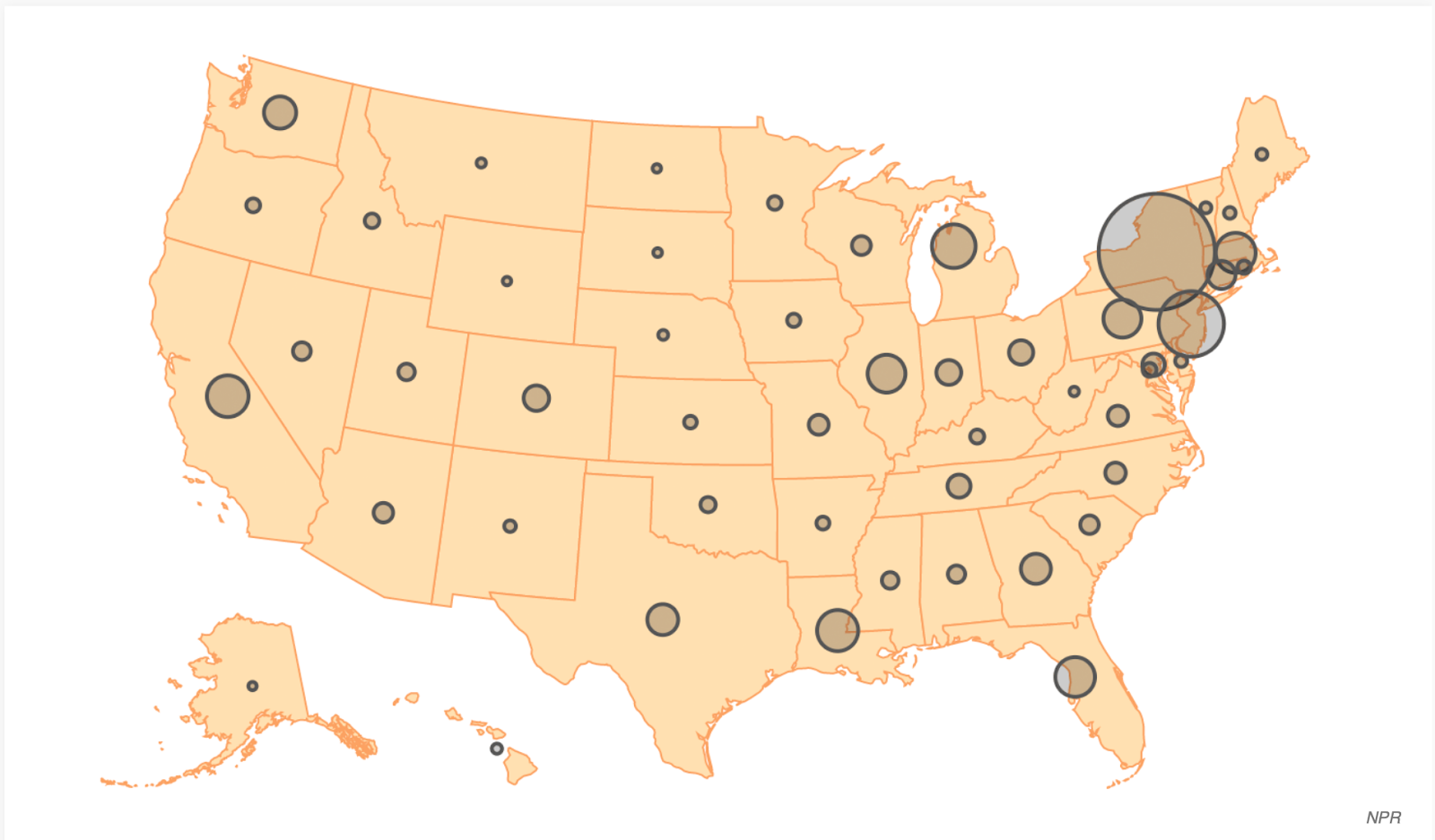

Station Two: Jesus Carries His Cross
The poor are forced to carry the tools of their own deaths on their backs. All over the country governors refuse to follow CDC advice, thus putting people’s lives in danger and risking the lives of the most vulnerable in their communities. The refusal to expand Medicaid under the ACA means that many will be forced to try and survive a global pandemic with no healthcare. Mounting healthcare costs for families that are already poor, unemployed, and/or financially strapped is a cross many are burdened with.
Scripture:
So they took Jesus, and carrying the cross himself he went out to what is called the Place of the Skull, in Hebrew, Golgotha. (John 19: 6, 15-17)
Query: What burdens weigh me down in this moment? What are the burdens others in my community face?![]()
![]()
![]()
![]()
![]()
![]()
![]()
![]()
![]()
![]()
![]()
![]()
![]()


Station Three: Jesus Falls for the First Time
The distorted moral narrative of empire causes its leaders to believe it is acting on behalf of God, using God’s name to justify their actions, while in fact they are upholding the Religion of Empire against God’s creation. Here this is exemplified most clearly in the words of Mr. Johnson who says, “It is not Caesar’s responsibility to take care of the poor.” And Rev. William Barber said, “I’m surprised to hear you compare yourself to Caesar.” View the clip here: https://youtu.be/6hPri-h3Jcs
Scripture:
Then Pilate took Jesus and had him scourged. And the soldiers wove a crown out of thorns and placed it on his head, and clothed him in a purple cloak, and they came to him and said,” Hail, King of the Jews!” And they struck him repeatedly. (John 19: 1-3)
Query: Where is the Religion of Empire at work around me?![]()
![]()
![]()
![]()
![]()
![]()
![]()
![]()
![]()
![]()
![]()
![]()
![]()
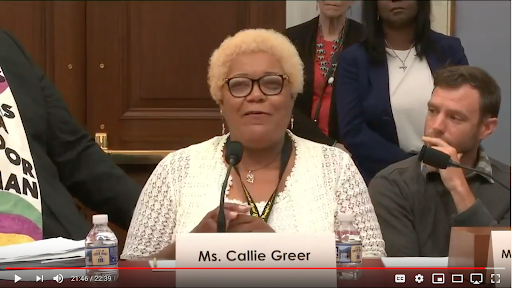

Station Four: Jesus Meets His Mother, Mary
Ms. Callie Greer of Mother’s Against Violence testifies in June 2019 House Budget “Committee Poverty in America” Hearing about the loss of her daughter due to lack of access to healthcare. Please watch this powerful clip as Ms. Greer shares her story.
Scripture:
When Jesus saw his mother and the disciple whom he loved standing beside her, he said to his mother, “Woman, here is your son.” Then he said to the disciple, “Here is your mother.” And from that hour the disciple took her into his own home. (John 19: 25-27)
Query: Am I aware of those left behind to face unnecessary pain and suffering brought on by the devastation of systemic inequalities?![]()
![]()
![]()
![]()
![]()
![]()
![]()
![]()
![]()
![]()
![]()
![]()
![]()
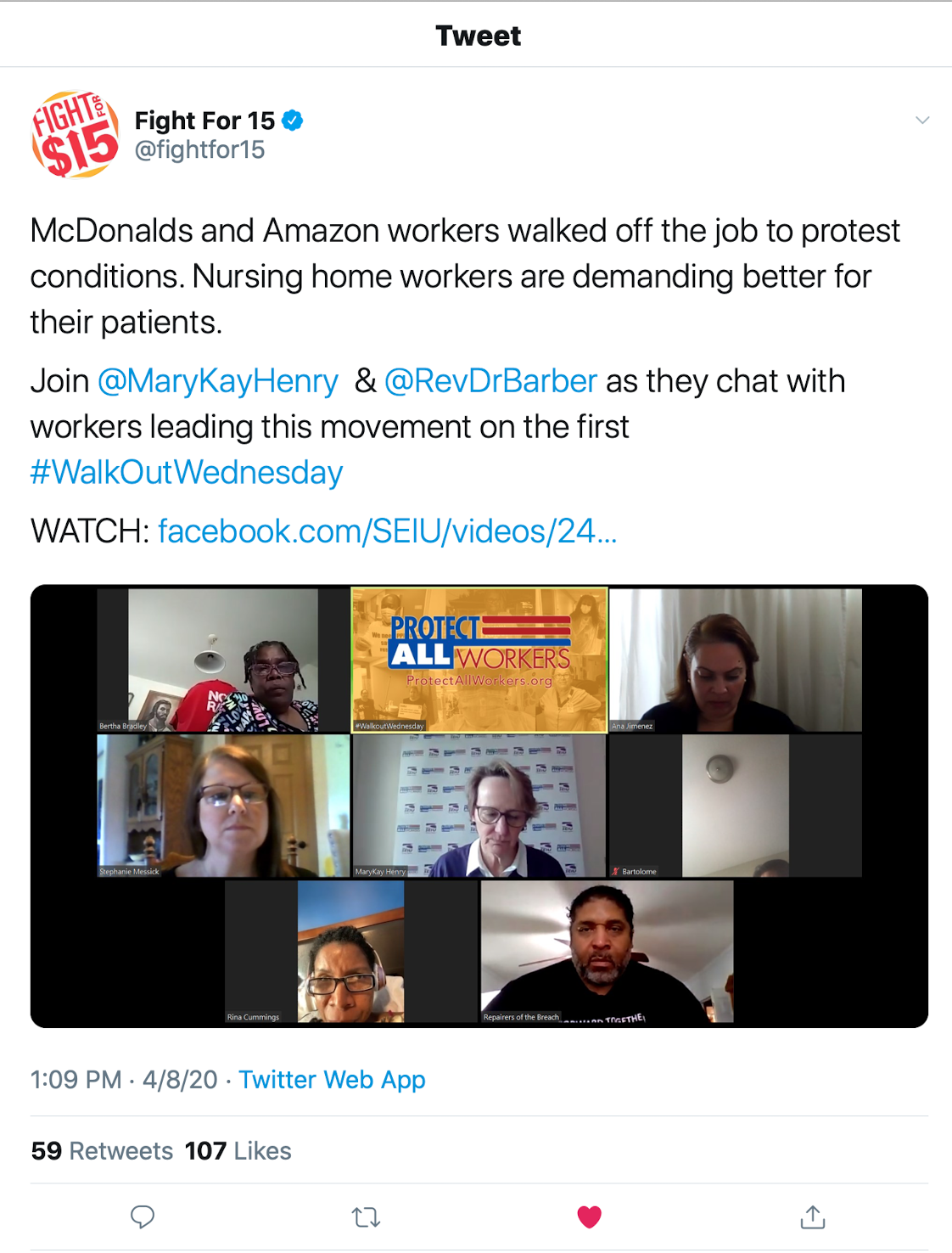

Station Five: Simon of Cyrene Helps Jesus Carry the Cross
In this time of COVID-9 and in the face of increasing worker injustices, we are called to come together as a fusion coalition, “the multitude” as the book of Revelation refers to it. Fight for $15 sees the impact of McDonald’s, Amazon, and Healthcare workers joining together for better wages. This new and unsettling force of the poor can bring about the change needed in America.
The only real revolutionary, people say, is a man who has nothing to lose. There are millions of poor people in this country who have very little, or even nothing, to lose. If they can be helped to take action together, they will do so with a freedom and a power that will be a new and unsettling force in our complacent national life. —Rev. Dr. Martin Luther King Jr.
Scripture:
They compelled a passer-by, who was coming in from the country, to carry his cross; it was Simon of Cyrene, the father of Alexander and Rufus. (Mark 15:21)
Query: Where is the multitude at work around me? How can I actively supporting the multitude in my community?![]()
![]()
![]()
![]()
![]()
![]()
![]()
![]()
![]()
![]()
![]()
![]()
![]()
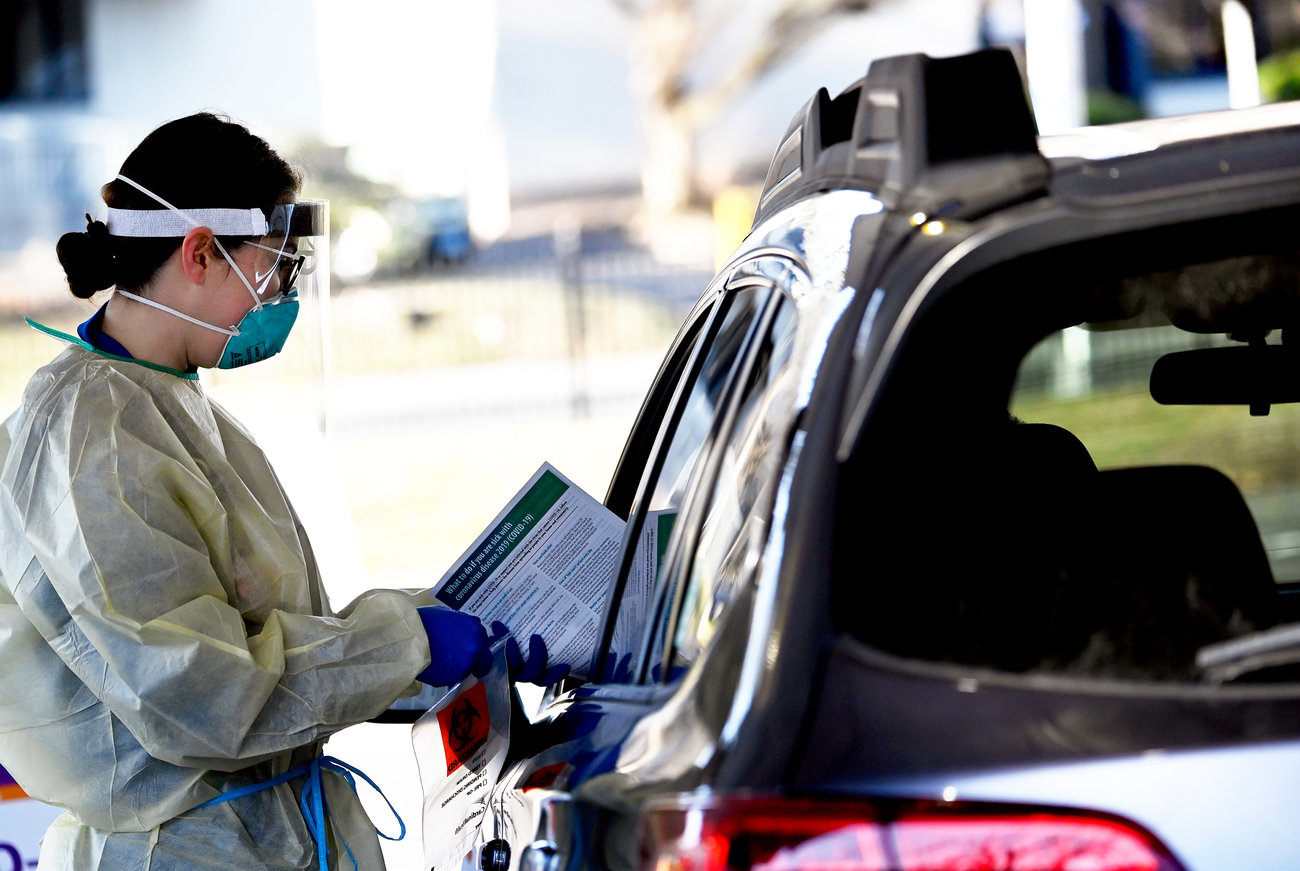

Station Six: Veronica Wipes the Face of Jesus
There are those who, like Veronica, risk their own lives to show kindness to the sick, vulnerable, and outcast. Of the 16.8 Million healthcare workers on the front lines, the majority are inadequately protected. This station invites us to remember the healthcare workers and other essential workers who are putting their own lives at risk to help others.
Scripture:
Veronica does not appear in Scripture but is a part of Church tradition. We chose to keep this version because there are always helpers, often quiet, unrecognized, people who uphold the revolution.
Jesus, suddenly a woman comes out of the crowd. Her name is Veronica. You can see how she cares for you as she takes a cloth and begins to wipe the blood and sweat from your face. She can’t do much, but she offers what little help she can. (Source)
Query: Are there ways in which I can help, support, thank or be a helper in this moment? ![]()
![]()
![]()
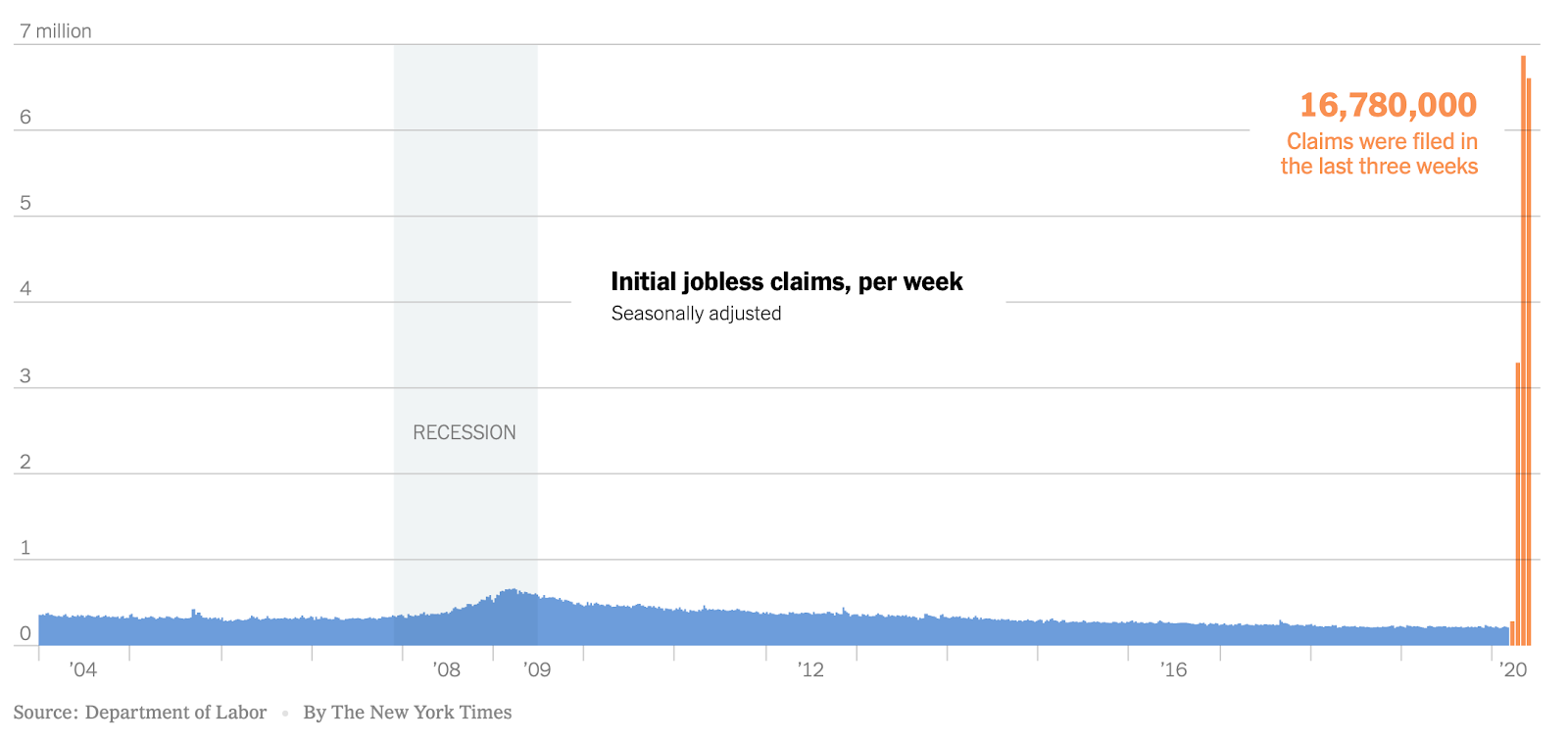

Station Seven: Jesus Falls for the Second Time
The rate of unemployment during COVID-19 is staggering. There were 6.6 million people just last week who filed for unemployment and a total of 16 million without work in just 3 weeks. Truly everyone is affected, with millions experiencing unprecedented insecurity in the job market. These people join those 8-11 million who are homeless or on the verge of homelessness, the 60 million low-wage workers, and the 14 million Americans who cannot afford water. Those who know all too well a lifetime of living with a lack of access and instability in the richest country in the world know the feeling of falling a second time.
Scripture: Read again this passage for the second time:
Then Pilate took Jesus and had him scourged. And the soldiers wove a crown out of thorns and placed it on his head, and clothed him in a purple cloak, and they came to him and said,” Hail, King of the Jews!” And they struck him repeatedly. (John 19: 1-3)
Query: What does it mean to fall for a second time in my experience and community?![]()
![]()
![]()
![]()
![]()
![]()
![]()
![]()
![]()
![]()
![]()
![]()
![]()
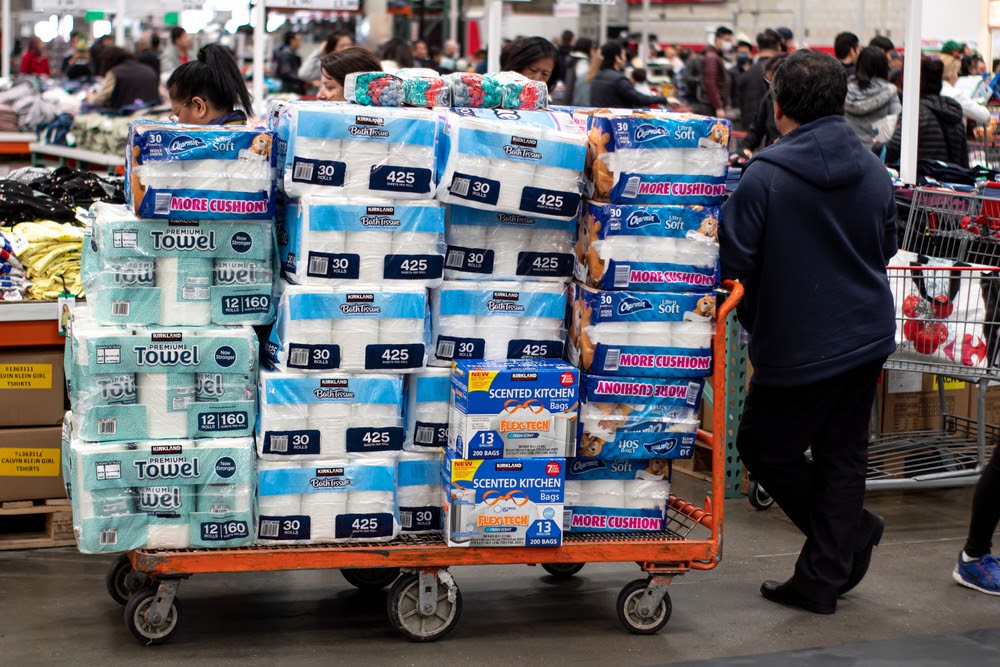

Station Eight: Jesus Meets the Women of Jerusalem
In the midst of crisis, we too often return to a survival of the fittest. We look out for ourselves. We fear our own death or the death of a loved one. We cry over the death of one, while missing the vulnerability of the multitudes. Jesus says, do not weep for me, but weep for yourselves. Otherwise, our focus narrows and we miss the larger structural injustices that we participate in when we hoard for ourselves, while others lack even something as simple as daily bread. To hoard while others suffer is to live in complete contradiction to the Gospel accounts, which always redirect us towards the good of the collective. We must learn to weep for the harm and injustice experienced by the collective.
Scripture:
But Jesus turned to them and said, “Daughters of Jerusalem, do not weep for me, but weep for yourselves and for your children. For the days are surely coming when they will say, ‘Blessed are the barren, and the wombs that never bore, and the breasts that never nursed.’ Then they will begin to say to the mountains, ‘Fall on us’; and to the hills, ‘Cover us.’ For if they do this when the wood is green, what will happen when it is dry?” (Luke 23: 28-31)
Query: What does it mean to sacrifice for the collective and are there ways in which I have already sacrificed too much at my own expense or ways in which I need to sacrifice more for the collective?![]()
![]()
![]()
![]()
![]()
![]()
![]()
![]()
![]()
![]()
![]()
![]()
![]()


Station Nine: Jesus Falls for the Third Time
Jesus falls a third time. There is a compounding effect of poverty and injustice. The lack of employment. The lack of access to healthcare. The corruption of a government that abdicates its responsibility to create policies that support all Americans, rather than the privileged minority. The poor fall for a third time because of compounding losses: A lack of access to employment leads to a loss of healthcare, which leads to other losses and in many cases, even literal death. This is how poverty is interlocking injustices. See the article: Black Americans Face Alarming Rates of Coronavirus Infection in Some States
Today’s Poor People’s Campaign has five demands that are expressed through challenging: systemic racism, poverty and inequality, Ecological Devastation, War Economy and Militarism, and the Distorted Moral Narrative of America. These demands are meant to build a collective perspective of all the interlocking injustices Americans face today.
Scripture: Read again this passage for the third time:
Then Pilate took Jesus and had him scourged. And the soldiers wove a crown out of thorns and placed it on his head, and clothed him in a purple cloak, and they came to him and said,” Hail, King of the Jews!” And they struck him repeatedly. (John 19: 1-3)
Query: Become accustomed to the 5 demands — where do you see these interlocking issues at work around you?![]()
![]()
![]()


Photo: Rev. Dr. Martin Luther King Jr.’s ‘Letter From Birmingham Jail’
Station Ten: Jesus is Stripped of His Clothes
The poor in America know what it is like to lose all markers of identity. To become a number in the bureaucratic machine, a number locked away behind bars. High incarceration rates, especially targeting people of color in our country, reveal the systematic ways in which so many Americans are stripped of rights, humanity, and their lives.
There were extreme structural inequalities—based on gender, race, geography—before #COVID19. 250,000/yr were dying from poverty & low wealth. This pandemic forces that into the open. And now disproportionately black & poor ppl are dying from virus, but it won’t stay there. —Rev. Barber
Scripture:
They stripped him and put a scarlet robe on him, and after twisting some thorns into a crown, they put it on his head. (Matthew 27:28-30)
Query: Who are the nameless in my own community?![]()
![]()
![]()
![]()
![]()
![]()
![]()
![]()
![]()
![]()
![]()
![]()
![]()
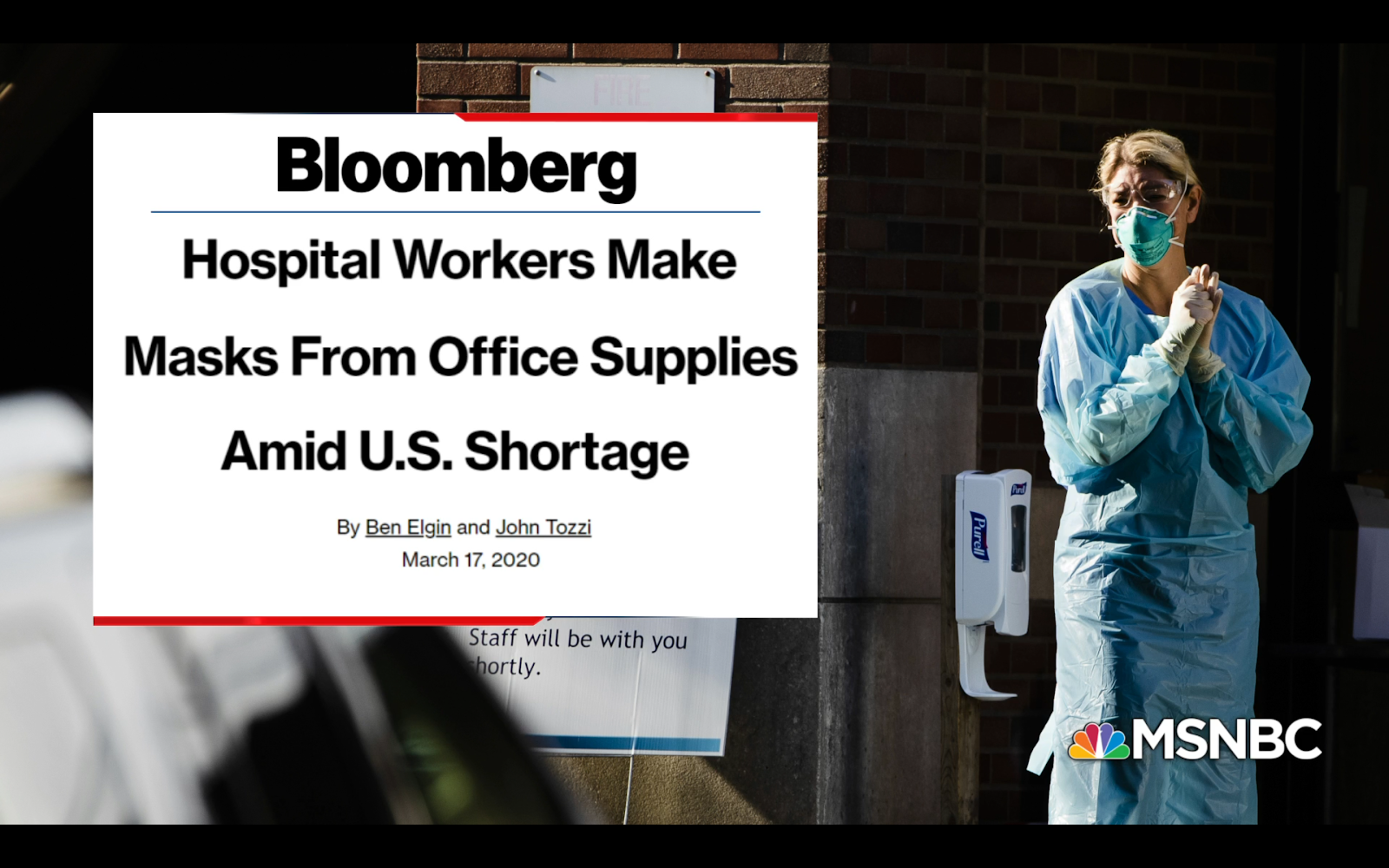

Station Eleven: Jesus is Nailed to the Cross
There is a lack of medical equipment for healthcare workers and patients. In a time of crisis and scarcity of lifesaving devices, there will be decisions made about whose lives are worth saving.
Amid growing fears that the United States could face a shortage of ventilators for coronavirus patients, state officials and hospitals are quietly preparing to make excruciating decisions about how they would ration lifesaving care.
But hospitals are already huddling with state health officials to hammer out their policies to determine which coronavirus patients would get ventilators if they run short — essentially deciding whose lives to save first.
In Maryland, state officials are in discussions with the biggest hospital systems in the region about how to factor in age, pre-existing health conditions, overall life expectancy and other criteria to determine which patients would have priority if there are not enough ventilators… (Who gets a ventilator? Hospitals facing coronavirus surge are preparing for life-or-death decisions)
As a poor man, Jesus was a prisoner of the state and a victim of empire. He knew what it was like to live as a person whose life was not worth saving, but rather one whose life — even though innocent — was expendable. He was executed alongside others whose own lives did not match any valuable criteria of the empire.
Scripture:
Two others also, who were criminals, were led away to be put to death with him. When they came to the place that is called The Skull, they crucified Jesus there with the criminals, one on his right and one on his left. (Luke 23:32-33)
Query: Whose lives are worth saving? Who gets to decide? Who should have access to life-saving care?![]()
![]()
![]()
![]()
![]()
![]()
![]()
![]()
![]()
![]()
![]()
![]()
![]()
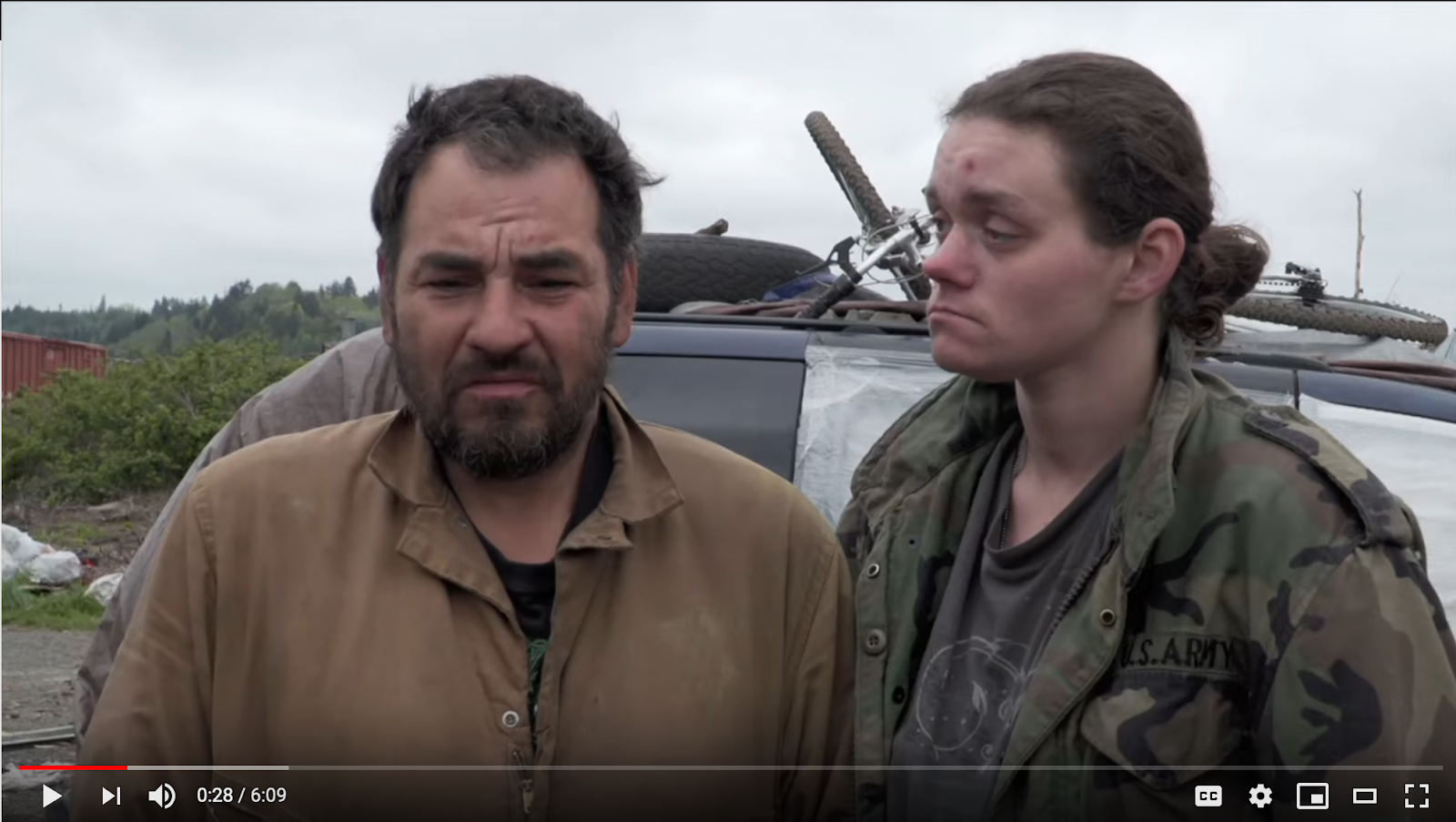

YouTube: The Other America: The Poor People’s Campaign
Station Twelve: Jesus Dies on the Cross (Put Out to the Group)
The poor die from simple, curable sicknesses because they are not taken seriously, lack access to healthcare, and are overlooked. The death of poor leaders, like Jesus’ own death, are not only preventable but reveal structures of oppression that systematically dehumanize the most vulnerable in our communities.
Scripture:
It was now about noon, and darkness came over the whole land until three in the afternoon, while the sun’s light failed; and the curtain of the temple was torn in two. Then Jesus, crying with a loud voice, said, “Father, into your hands, I commend my spirit.” Having said this, he breathed his last. (Luke 23:44)
Query: Who around me has died from completely preventable issues?![]()
![]()
![]()
![]()
![]()
![]()
![]()
![]()
![]()
![]()
![]()
![]()
![]()
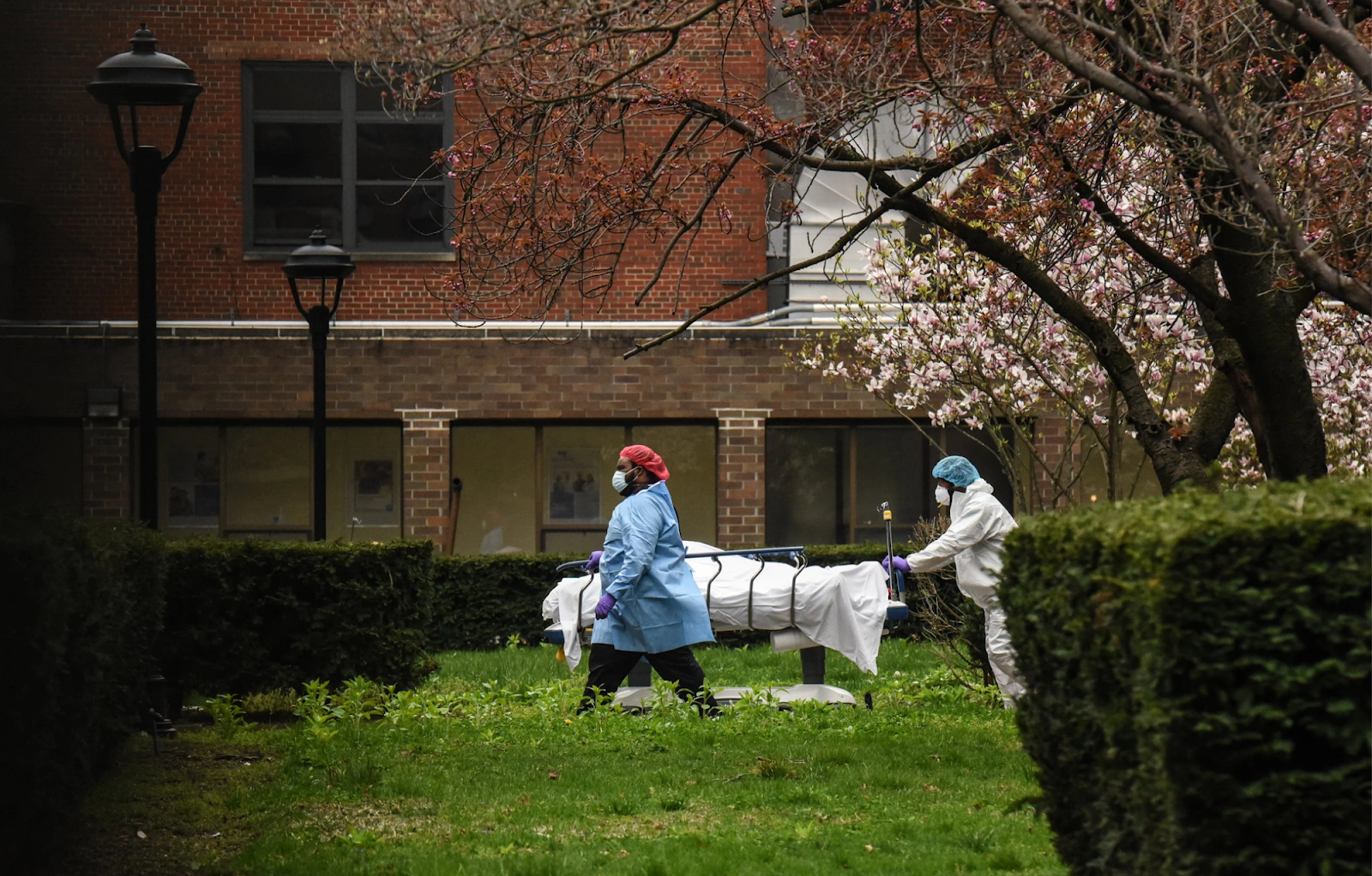

Photo: Stephanie Keith for The New York Times
Station Thirteen: Jesus is Taken Down from the Cross
In the aftermath of death, we are faced with mourning, the effects of death on a community have a lingering impact. Many are dying alone, unable to see family and friends as they die. If they are lucky there is someone at the foot of their bed, like Jesus’ mother and some of his close friends were at the foot of his cross. Dying such a tragic death within already poor communities, we are left with the question: who is responsible for a loved one’s body when the family is struggling to survive in the midst of a global pandemic? Those facing the loss of loved ones are now also strapped with the costs associated with their loved one’s death. This is yet another interlocking injustice.
Scripture:
One of the criminals who were hanged there kept deriding him and saying, “Are you not the Messiah? Save yourself and us!” But the other rebuked him, saying, “Do you not fear God, since you are under the same sentence of condemnation? And we indeed have been condemned justly, for we are getting what we deserve for our deeds, but this man has done nothing wrong.” Then he said, “Jesus, remember me when you come into your kingdom.” He replied, “Truly I tell you, today you will be with me in Paradise.” It was now about noon, and darkness came over the whole land until three in the afternoon, while the sun’s light failed; and the curtain of the temple was torn in two. Then Jesus, crying with a loud voice, said, “Father, into your hands I commend my spirit.” Having said this, he breathed his last. (Luke 23:39-46)
Query: Who is responsible for a loved one’s body when family and friends are struggling to survive in the midst of a global pandemic?![]()
![]()
![]()
![]()
![]()
![]()
![]()
![]()
![]()
![]()
![]()
![]()
![]()
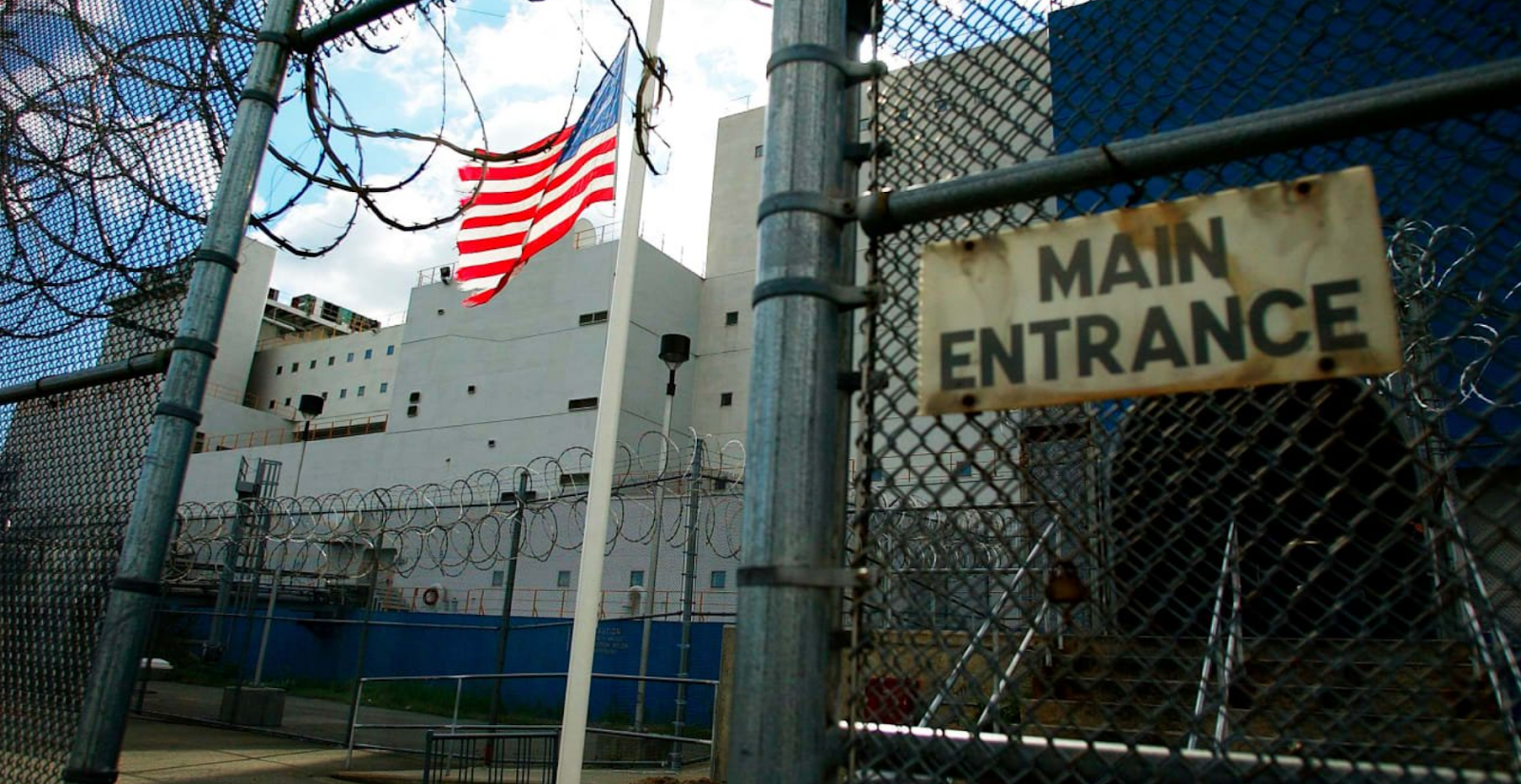

Station Fourteen: Jesus is Placed in the Tomb
New York City is using prison labor to make hand sanitizer and threatens to use prisoners to dig mass graves on Hart Island. Throughout human history, the enslaved and incarcerated poor know what it is like to dig graves, and often their own. “Hart Island has long functioned as a potter’s field, an end-of-the-line mass gravesite for those who could not afford a more dignified funeral. The island has worn many guises throughout its long, dark history—it has been an army training camp, a tuberculosis hospital, an addiction rehabilitation facility—but now, it’s best known as a city of the dead. Over one million people are buried there, and the vast majority of them were poor, or homeless.” (New York Prison Labor Makes Hand Sanitizer, Prepares to Dig Graves if Coronavirus Worsens)
Scripture:
When it was evening, there came a rich man from Arimathea named Joseph, who was himself a disciple of Jesus. He went to Pilate and asked for the body of Jesus; then Pilate ordered it to be handed over. Taking the body, Joseph wrapped it [in] clean linen and laid it in his new tomb that he had hewn in the rock. Then he rolled a huge stone across the entrance to the tomb and departed. (Matthew 27: 57-60)
Query: In what ways has empire forced the poor to dig their own graves throughout human history?